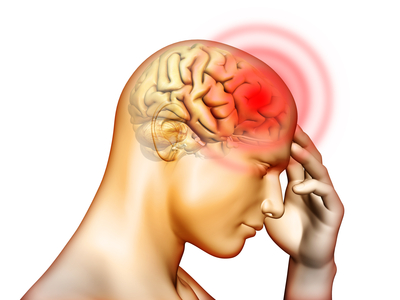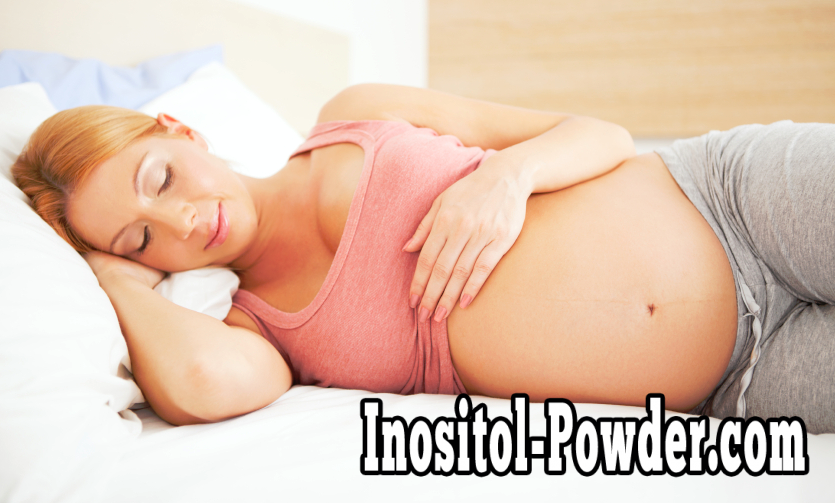Inositol can effect a variety of hormones and chemicals in the body. Below you can read about the effects that inositol has on some of these.
Inositol and Testosterone
Inositol is known to decrease testosterone levels in both men and women, which can be counter-intuitive when it comes to either getting pregnant or building muscle. Not only does the serum total testosterone decrease by over 50 percent, it also is known to decrease serum free testosterone by almost 28 percent. The amount of testosterone lost within the body can vary a little bit person to person, but there is no doubt about the significant decrease that is seen in levels after Inositol is started. Typically, the highest decreases occur in people who are taking over 4,000 mg per day, which is on the low side of an average treatment-related dose. If you decide to use Inositol for medical purposes, it might be a good idea to get on testosterone supplements that way you can balance out the levels as much as you can, which will then lower the symptoms associated with Low T.
Inositol and Serotonin
Inositol is a supplement that is known to help increase and work together with Serotonin, which is how Inositol becomes so effective at combating anxiety and depression. People who have a lot of anxiety or depression will have significantly lower Serotonin levels, which can wreak havoc on the neurotransmitters in the brain. When you take Inositol, you will notice that the Serotonin levels will begin to rise again, along with dopamine, which are the two important chemicals that help regulate your mood. You might want to think of Inositol as a Serotonin Re-uptake Inhibitor, because it functions a lot like prescription SSRI medications, but without the negative side effects due to it being natural. Inositol helps prevent the breakdown of monoamine neurotransmitters like Serotonin, which means that the brain and the neurotransmitters will be functioning correctly, which also helps regulate various hormones in both men and women.




